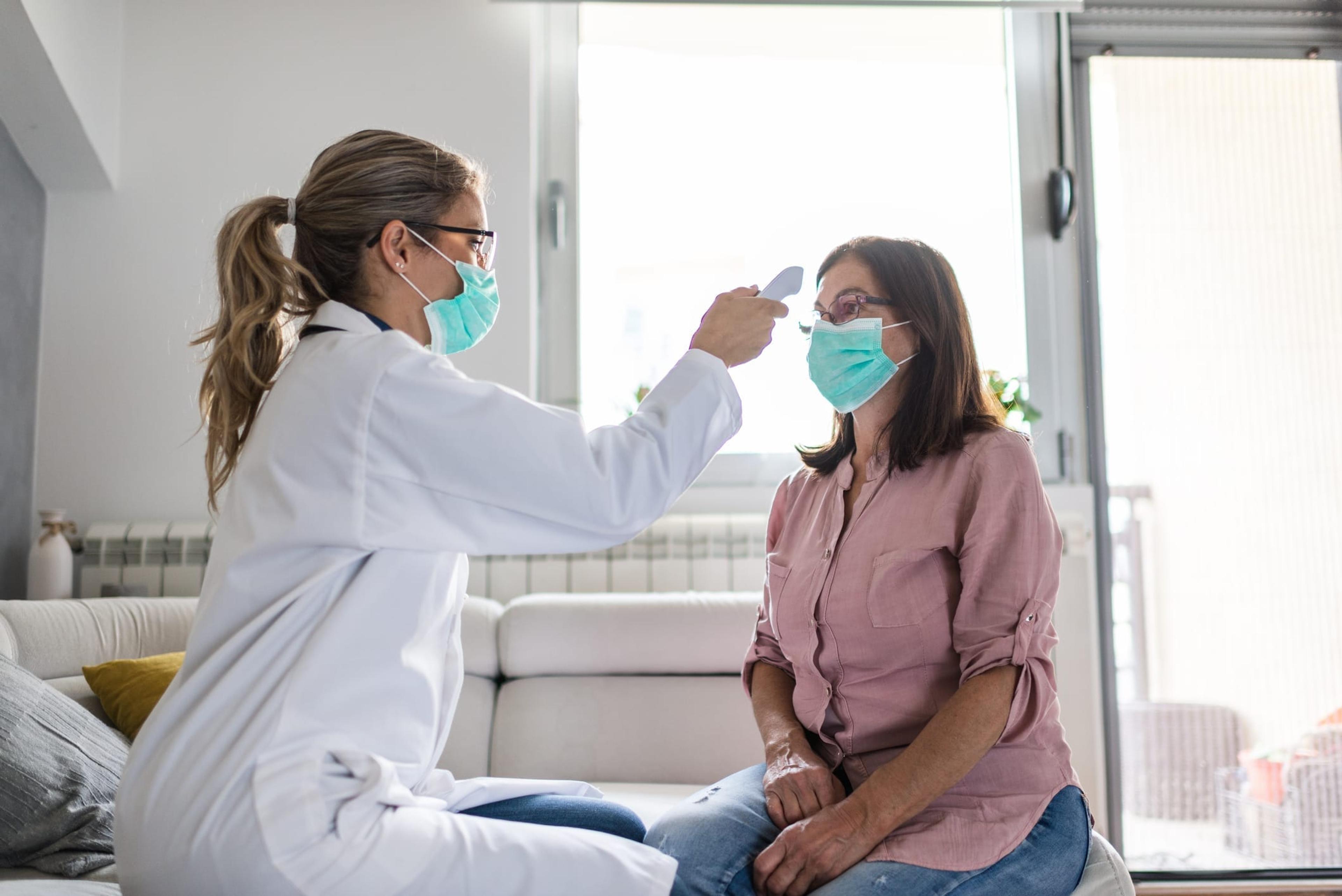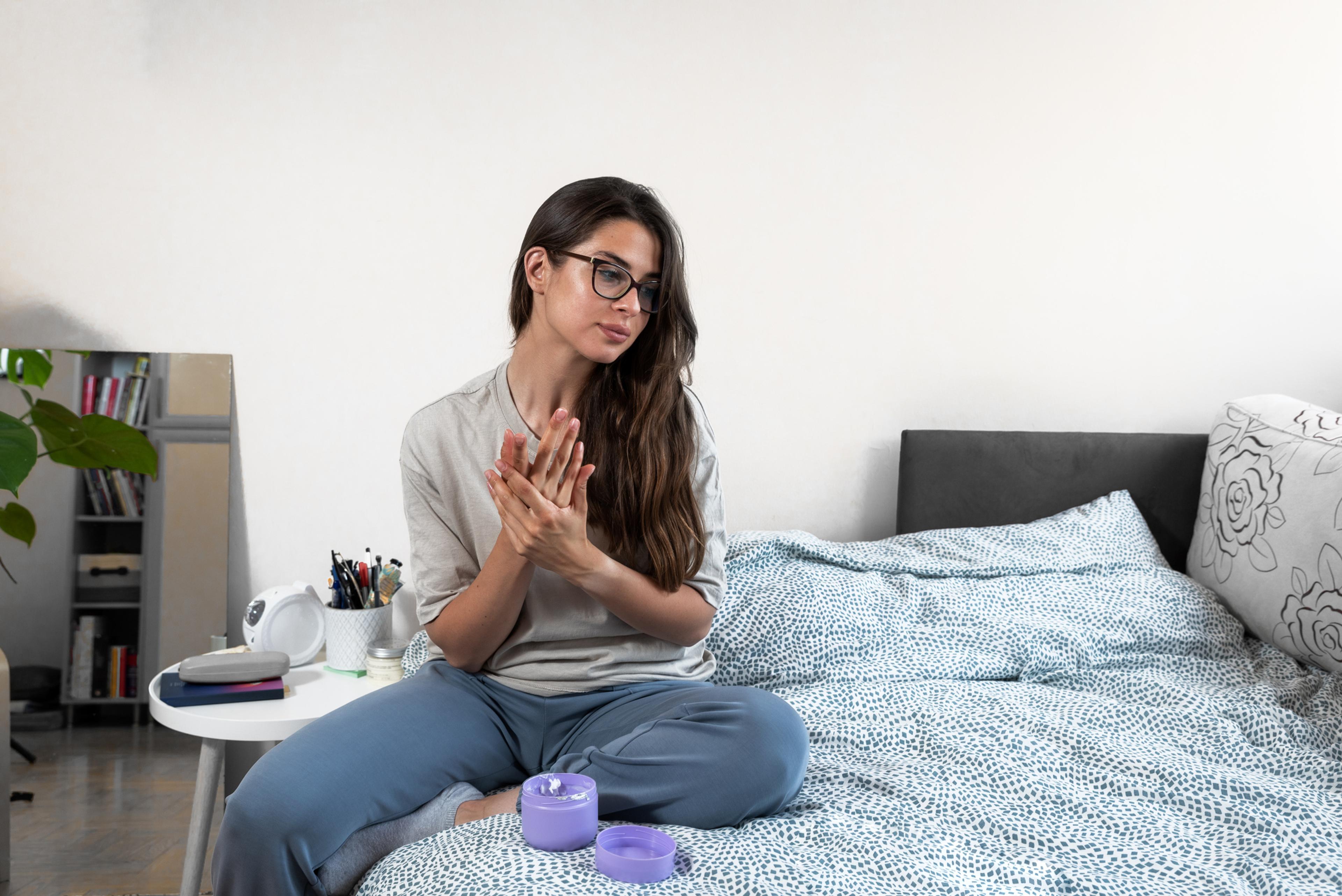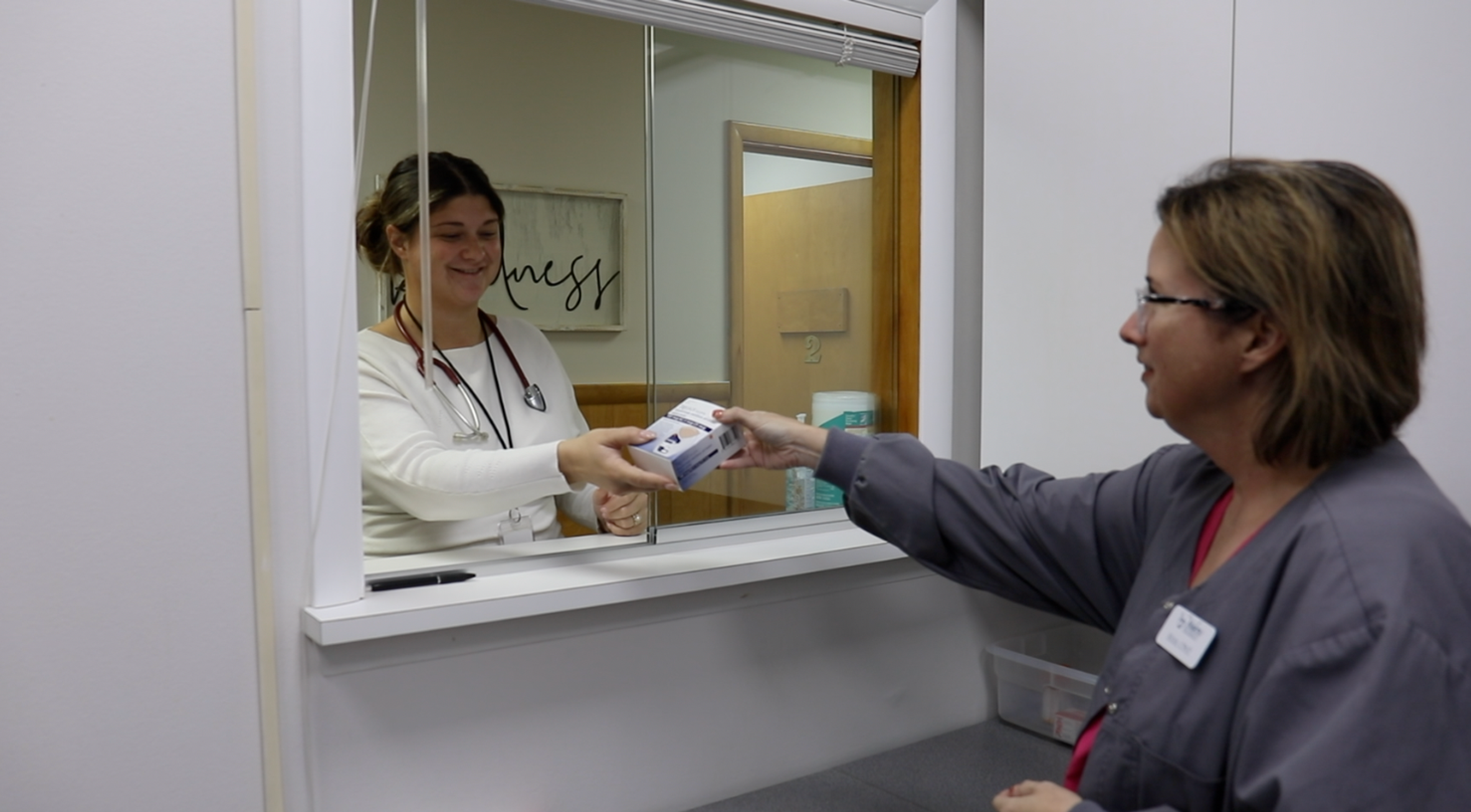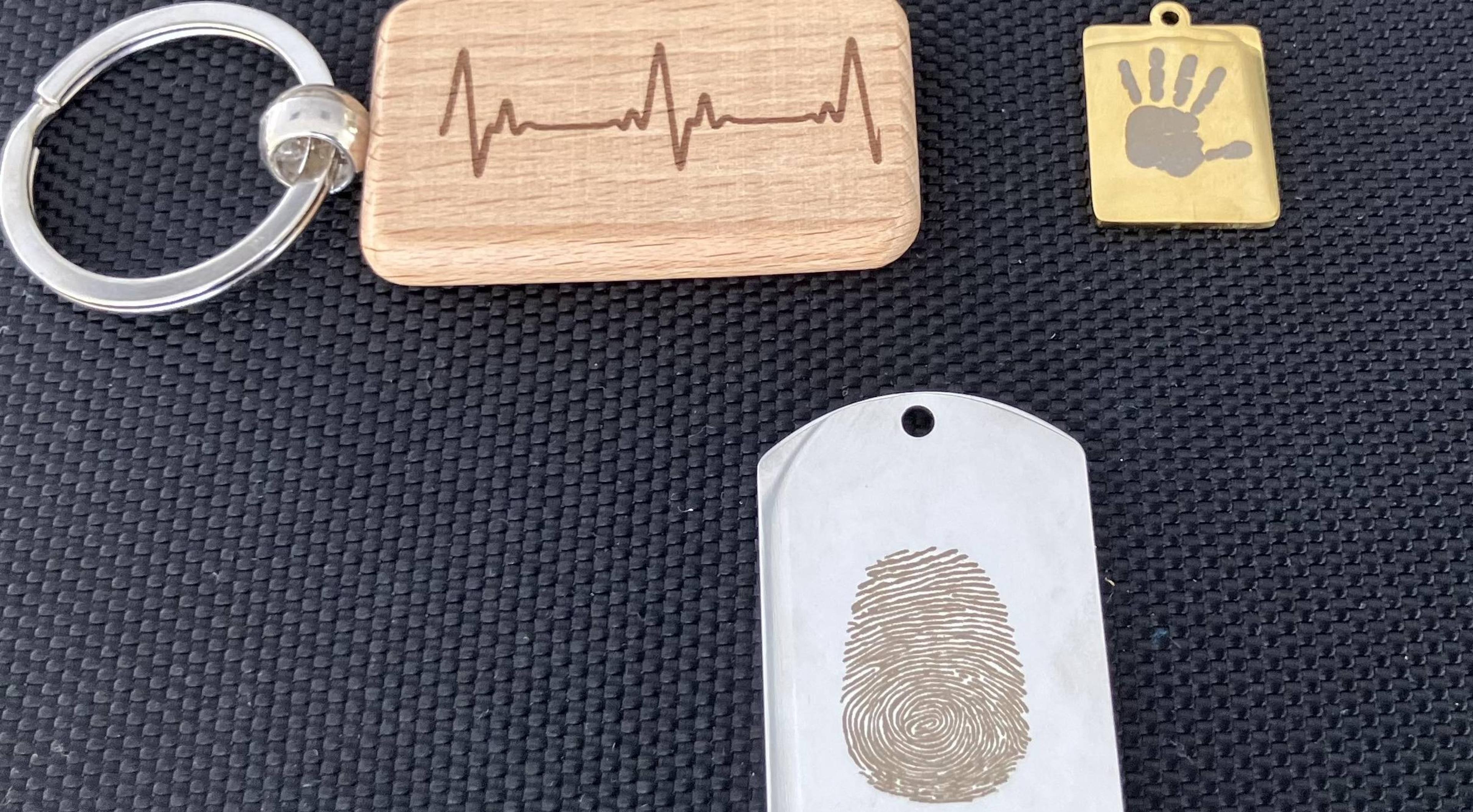How Doctor's Offices are Keeping Patients Safe During COVID-19
Krystal Clark
| 2 min read

COVID-19 has changed the face of health care. For months, hospitals have been understaffed and overwhelmed due to an influx of patients. To help limit exposure and funnel resources, many private practices were forced to close their doors. In May 2020, those same primary care physicians, specialists, and dentists began returning to work. There’s still no cure for COVID-19 and the number of cases continue to rise. In an effort to reduce risk and promote safety, private offices are taking new preventive measures. Each doctor is different, but many require a brief health screening before treatment. During a recent visit, David Murray, Manager of Social Media Strategy at Blue Cross Blue Shield of Michigan, immediately noticed the change in protocol. “First, I had to check in six feet from the actual sign-in desk. Then, a nurse took my temperature and asked me some standard questions. ‘Have you recently experienced COVID-like symptoms? Have you been exposed to COVID through a friend or family member? Have you been tested for COVID recently?’ Once I was cleared, I was free to sign myself in.’” Visitors will notice many changes among staff. Doctors, nurses, and even administrative professionals are wearing face masks, plastic face guards, and latex gloves. In many cases, there is hand sanitizer placed throughout the office for both patients and employees to use. “I never felt nervous or anxious about catching anything,” revealed Murray. “I also had to wear a face mask. Otherwise, they would not have allowed me to enter their building.” One of the primary ways of contracting COVID-19 is frequent touching of one’s face, including eyes and mouth. This could make a dental visit a cause for concern. But when Julie Bitely, Communications Planner at Blue Cross went in for a routine cleaning, she was pleasantly surprised by the staff’s diligence and care. “I was really impressed by all the safety precautions my dentist’s office put in place. There was a pre-visit symptom check, mandatory masks, social distancing in the waiting room, face shields for the hygienists, and new disinfectant protocols. I felt completely safe and at ease during my appointment.” Before your next visit, call your physician to discuss their current safety measures. You can also ask if telehealth is a viable option. It’s a convenient service where doctors can provide nonemergency care via phone, computer, or tablet. Read more:
Photo Credit: SanyaSM





